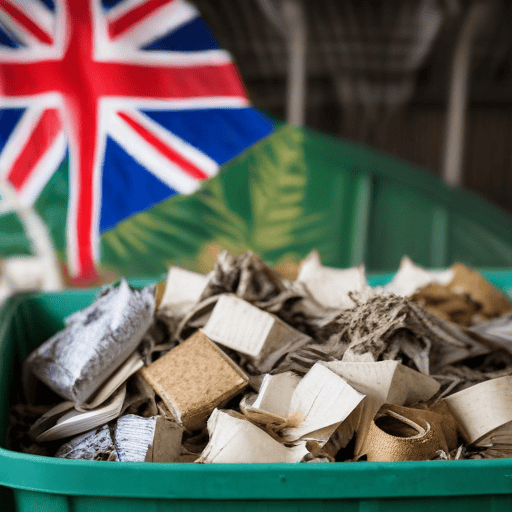As we step into 2025, the Pacific Recycling Foundation (PRF) is urging for unified action to build on the achievements made in 2024 and to overcome the obstacles that challenge sustainable waste management in Fiji. Founder Amitesh Deo emphasized that while considerable progress has been made with the help of various partners, the mission is not complete.
Deo expressed hope that 2025 will become a transformative year marked by genuine collaboration across all sectors. “Let this be the year we break barriers and achieve lasting change,” he affirmed. He acknowledged the significant milestones reached in 2024 but insisted that it is crucial to transition these accomplishments into sustainable solutions that engage all communities and address the core issues of the waste management crisis.
In 2024, PRF accomplished several noteworthy initiatives, including the establishment of the Pacific Recyclers Alliance, aimed at enhancing regional cooperation around waste management concerns. Additionally, the recognition of “collection pillars of recycling” in regional discussions provided important visibility to informal recyclables collectors. The foundation also expanded its recycling initiatives to Fiji’s outer islands, introduced an innovative soft plastics recycling project, and successfully transitioned many informal recyclables workers into formal employment through the “I Recycle” program. This initiative has since been embraced by over 20 organizations and communities.
Notably, PRF’s dedicated recycling efforts successfully diverted 4,837 tonnes — nearly five million kilograms — of recyclables from landfills, addressing even low-value materials. This achievement underscores a significant shift towards enhanced waste management practices, largely facilitated by PRF’s tailored initiatives.
While celebrating progress, Deo highlighted the importance of addressing existing gaps, particularly in underserved areas. He pointed out that the true challenge for 2025 will be to scale these efforts, move away from outdated practices, and ensure that solutions are inclusive and sustainable.
Deo urged the government to adopt bold, transformative strategies in waste management, emphasizing the need for policymakers to focus on long-term partnerships with PRF rather than quick fixes. He stated, “This is not the time for half-measures — the waste management crisis demands decisive action.”
Moreover, he encouraged businesses to transcend superficial sustainability practices and invest in concrete, lasting solutions. He reminded corporate leaders that responsibility toward the environment is not merely a duty; it is essential for securing a sustainable future for all, asking them to be accountable and engage in paving the way for systemic change.
This call to action reflects a hopeful vision for a cleaner, more sustainable environment in Fiji, setting the stage for a collective effort that can undoubtedly lead to tangible improvements in waste management practices and community involvement.
In summary, 2025 stands as an opportunity for reinvigorated efforts in waste management, with the potential to transform the landscape through concerted actions involving the government, businesses, and local communities.

Leave a comment